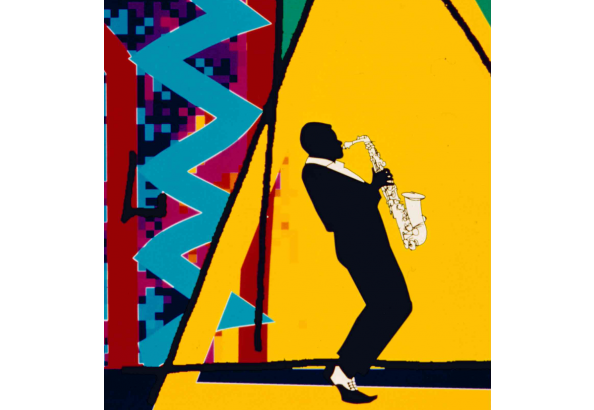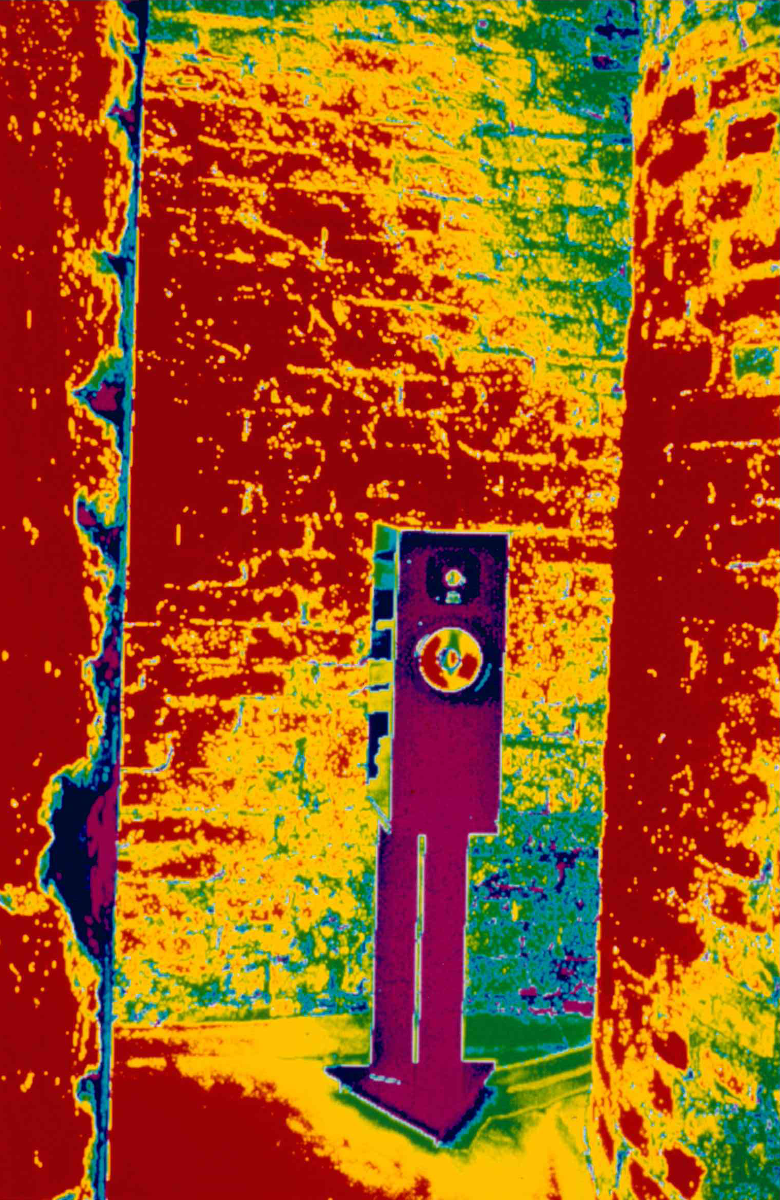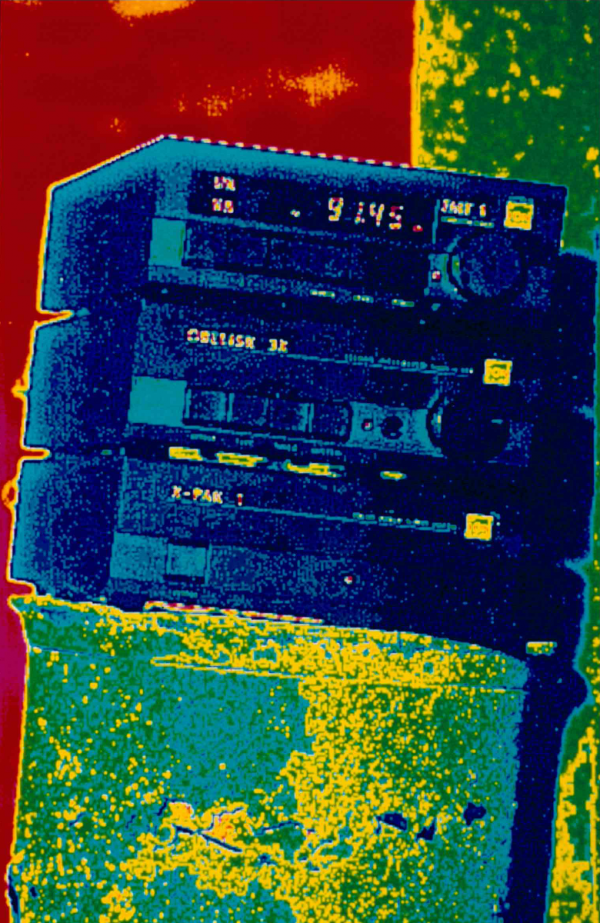The Effect of Music
In sports, it encourages us to perform at our best. In the kitchen, we chop vegetables to her beat. It brings tears to our eyes and touches us to the core. Research has shown that listening to music has great power over us. It affects all levels of the brain, brings out our emotions, and affects various physical processes in the body. Depending on the music, it can lead to increased heartbeat and pulse, affect breathing rate, and contribute to a sense of well-being in the body. One explanation for this lies in the limbic system of our brain. It judges whether we like the sounds or not and gives rise to the feelings associated with them. Depending on the type of music, hormones are released that help us. Soft, slow sounds are stress-reducing, as norepinephrine is released; upbeat music causes an adrenaline release and motivates. Our muscle function becomes faster. In addition, numerous endorphins are released.
Happy Hormones
Music is like a reward for the brain. Many researchers suspect that the brain’s reward system is the answer to their question: Why does music make us happy? When we listen to music, expectations unconsciously arise as to how the piece will continue. These assumptions are based either on the fact that we already know the song or on the fact that we are familiar with common, culturally conditioned patterns of music. Listening to familiar music releases happiness hormones such as dopamine and serotonin. An important aspect is that while music must have something expected to bring the reward center into action, at the same time, it must also have something unexpected, something that surprises us. The mixture of the unexpected and the expected is what gives music its special kick.
The Goosebumps Effect
It’s like a wave that spreads throughout the entire body, also making the heart beat faster and leaving that pleasant shiver on the skin. If a piece of music touches us strongly, we may be overcome by goosebumps. Harvard student Matthew Sachs asked himself what this had to do with and conducted research. According to his study, feeling this way is not natural. He concluded that people who get goosebumps while listening to music have a different brain structure than those who don’t. Different areas of the brain responsible for emotions are apparently more intensely connected. We know from neurobiology that our brain prepares for a goosebump moment — even when we first suspect that an exciting part of the music is about to come. In musical anhedonia, however, this processing in the brain’s reward center does not work. Those affected feel nothing when they listen to music. A puzzling fact on which there are still few research results. There is no universally valid formula for goosebump music that works equally well for all of us. Whether the effect occurs depends on individual listening habits and preferences. Sachs hopes that further research will provide more information between emotions and music and their effects on humans, thus creating new therapeutic possibilities in medicine.
Music As Therapy
Research has shown that listening to music can reduce the extent of illness by improving our mood. It has a calming and relaxing effect and is, therefore, like a balm for our soul. That is why it is used in many therapies, such as Alzheimer’s, burnout, depression, or autism, as well as in the treatment of babies born prematurely. It helps to relieve pain or to get diseases like high blood pressure or migraine under control again.
78 Minutes of Music For Our Health
The streaming service Deezer wanted to know more and commissioned a study to determine the “recommended daily dose” of music to stay healthy. The evaluation showed that 78 minutes of music a day could help us do this. Pop is apparently responsible for feelings of happiness, classical music is for relaxation, and rock is for reducing frustration.
Our ‘Inner Music’ Library
Our musical memory is very durable. If a piece of music is strongly associated with a memory, listening to the music brings up that memory. Within a very short time, a comparison takes place as to whether we know the song and whether we associate something with it. This can be both a positive and a negative experience. It is usually linked to a specific situation or a period of life. In research, this aspect is called the “Casablanca effect.” In the cult film “Casablanca,” Ilsa, alias Ingrid Bergmann, ask the bar pianist Sam to play the song ” As time goes by” several times so that Rick, alias Humphrey Bogart, will remember his long-gone love. Thanks to this high emotionality, music can help dementia patients in particular, to remember again, at least temporarily, and to be reconnected with their own past for a moment.
Earworm Phenomenon
It doesn’t take much to get an earworm. A catchy song that we might only hear on the radio in passing is usually enough. The melody or the refrain drills itself into our subconscious and suddenly — without warning —comes up again from the depths. For a moment, this can be quite nice, but then the song quickly becomes penetrating. To get an earworm, you don’t have to like the piece of music either. The problem is, you can’t turn it off – whether you like the song or not. Scientists have found out that we get earworms when we don’t have much to do, i.e., when our brain still has capacity. If we were highly concentrated at the time, it would not be able to settle in. So how do we get rid of it? It is supposed to help if we focus firmly on something else: Solving a puzzle, for example. Or chewing gum. The movement of the mouth supposedly prevents the earwig from continuing to make its mischief.
Music Can Save Lives
It would be best if it didn’t come to that. But unfortunately, it doesn’t. In Germany, around 60,000 people suffer cardiac arrest every year. First responders who perform resuscitation correctly can significantly increase their chances of survival. Cardiac massage at 100 to 120 beats per minute is optimal, but in an emergency situation, it can be difficult to maintain this rhythm correctly. Songs that have been imprinted in our musical memory and whose rhythm can therefore be recalled quickly can help at this moment. A cardiac massage is very strenuous, you have to hold out until the ambulance arrives, so a beat in the ear can drive us to peak performance in extreme cases. Well-known lifesaving songs are: “Stayin Alive” by the Bee Gees, “Highway to Hell” by AC/DC, and “I Will Survive” by Gloria Gaynor.
Music influences Shopping Behavior
The background music guides our desire to buy. A study has shown that French music in the supermarket encouraged people to reach for a French wine; with German music, most chose German wine. After the purchase, it was found that the clientele was not aware of “listening to music.” Background music is supposed to create a pleasant atmosphere, slow down the stressful daily routine, convey the experience of a nice shopping trip or — in the case of wine — perhaps evoke a memory of the last French vacation.
What Music Does To Us & Its Power Over Us
So music makes us happy; it soothes, creates unforgettable moments, and keeps memories alive; it is the balm for the soul and connects people worldwide. “Without music, our life would be a mistake,” already philosophized Friedrich Nietzsche. Without GOOD music, life would be miserable, but tastes and preferences are debatable. The main thing is the joy of it.
We hope we can help you relax through the day and invite you to our studios for a listening experience in a class of its own. Until next time!





